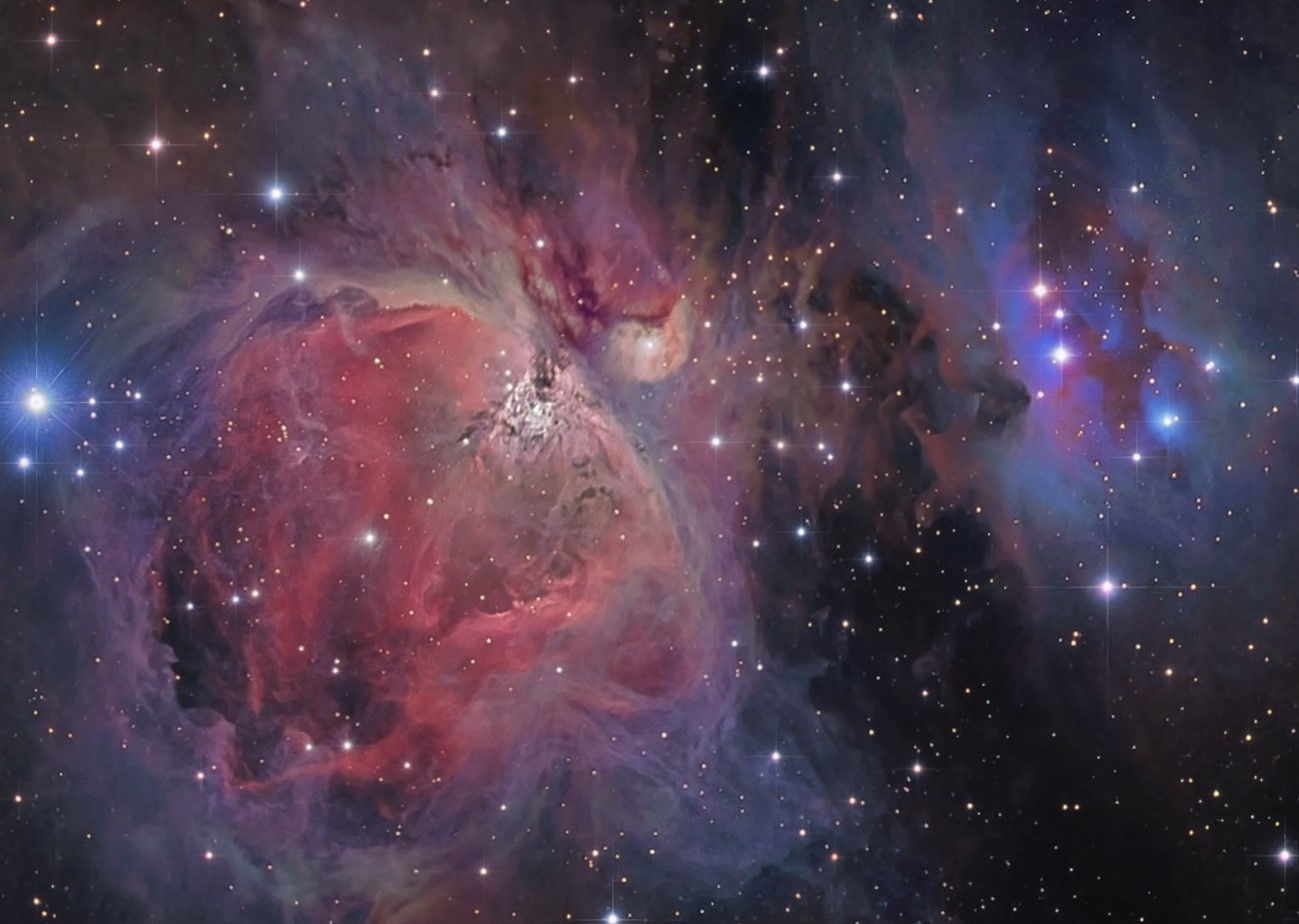
Amateur astronomy is a hobby whose participants enjoy observing or imaging celestial objects in the sky using the unaided eye, binoculars, or telescopes.Even though scientific research may not be their primary goal, some amateur astronomers make contributions to the science of astronomy, such as by monitoring variable stars, double stars or
Amateur astronomer Donald Bruns has received the Chambliss Amateur Achievement Award from the American Astronomical Society for his work in repeating and improving upon an iconic experiment during the August 2017 total solar eclipse.
Amateur Astronomers Association of New York. Come discover the universe with us.

Victor Buso was looking forward to testing his new camera on September 20, 2016. The locksmith and amateur astronomer waited for nightfall and headed out to his rooftop observatory in the city of Rosario, Argentina, where his 15.7 inch (40 cm) Newtonian telescope was waiting. He had no idea he would


Jul 30, 2016 · Though William Hershel is a well-known and respected astronomer now, when he made his discovery of Uranus in 1781, he was but an amateur in the field.


Supernovae – exploding stars – are unpredictable. But an amateur astronomer in Argentina happened to catch one just as it began to explode. “It’s like winning the cosmic lottery,” one astronomer said.
The Amateur Astronomers Group is located in Alamogordo, New Mexico. The majority of our members are from South Central New Mexico. We are comprised of amateur astronomers with a variety of backgrounds and experience levels.
In 2016 an amateur astronomer was testing his new camera on a galaxy dubbed NGC 613 — and captured the first flash of a supernova.
What is Amateur Astronomy Magazine About? We are a printed forum of the activities relating to Amateur Astronomers around the world. Our magazine is written by amateur astronomers, for amateur astronomers.




An astronomer is a scientist in the field of astronomy who concentrates their studies on a specific question or field outside the scope of Earth.They look at stars, planets, moons, comets and galaxies, as well as many other celestial objects — either in observational astronomy, in analyzing the data, or in theoretical astronomy.